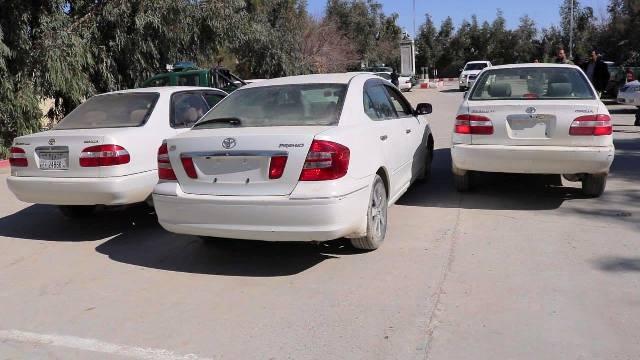Let’s avoid buying an undocumented vehicle

A FAMILIAR sight on our roads: A used car displayed with a “For Sale” sign, a tempting price and a seller’s assurance, Zipo tu boss, usijali” (the documents are OK, don’t worry).
Behind such casual transactions lies a growing danger. Many are engaging in vehicle sales that sidestep proper legal procedures—knowingly or not.
In Tanzania, buying or selling a vehicle without involving the Tanzania Revenue Authority (TRA) is illegal. All transfers must be certified, taxes paid and registration formalised under statutes including the Road Traffic Act and the Motor Vehicles (Tax on Registration and Transfer) Act.
Skipping these steps brings serious risks. Ownership disputes become harder to resolve when official records are lacking. Vehicles may be seized if documentation appears irregular.
Those involved may face tax evasion charges, with fines or even criminal liability. Insurance claims are likely to be rejected for unlawfully registered vehicles. Worse, some sellers use forged or false documents, which may mask stolen or improperly imported vehicles.
Some argue that TRA’s processes are slow or expensive. But those inconveniences pale in comparison to the consequences of legal disputes or the loss of one’s property.
Moreover, TRA aims to complete vehicle registration within two working days once requirements are met.
Prospective buyers and sellers must insist on full transparency: Visit TRA offices or authorised centres, demand certified documents, ensure all taxes and transfer formalities are completed and accept official receipts.
If a counterparty balks or the deal seems too good, walk away.
In short: A low price is no compensation for legal insecurity. Compliance and prudence are the real investments—protecting both individual interests and national integrity.





